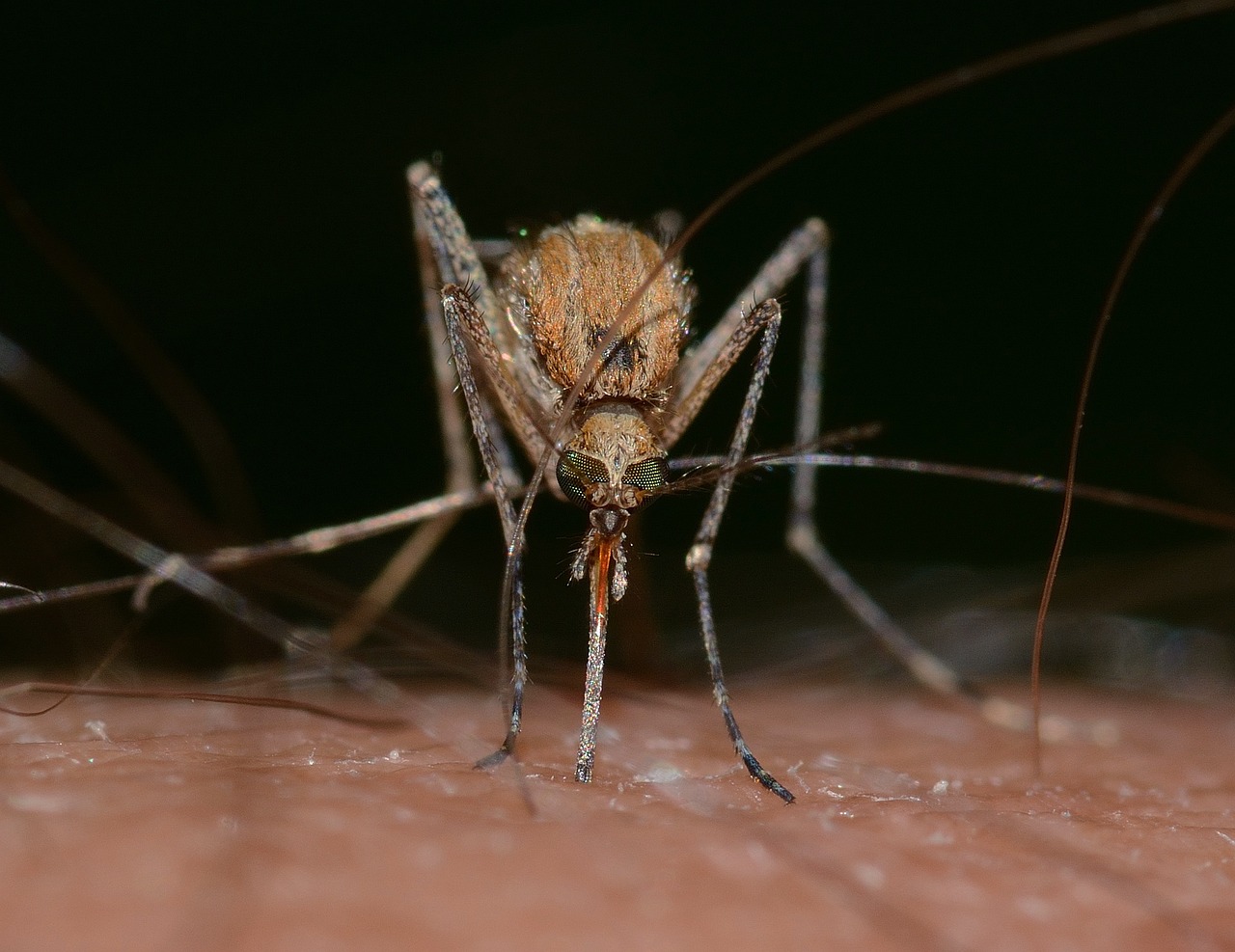
We attract mosquitos, from the colors we wear to the amount of carbon dioxide we exhale. Pregnancy and exercise also make us targets. Now we’re learning that the microbes on our skin can attract them.
Mosquito bites are a nuisance but they can also spread viruses and parasites to humans such as dengue, West Nile, Zika, and malaria.
A new form of protection could be through manipulating the bacteria that naturally live on our skin. The study found that at least two bacteria there, staphylococcus epidermidis and Corynebacterium amycoltum, deposit a waste product called L-(+)- lactic acid or LA.
We know that mosquitos can “smell” this product, so researchers wondered whether non-LA producing microbes prevent or reduce mosquito biting. They began by removing the genes in both bacteria that make LA.
They coated the skin of lab mice daily for three days with these engineered bacteria and measured how attractive they were to mosquitos for one, seven and fourteen days.
All the LA deficient strains were up to 86 percent less attractive up to two weeks after treatment. Even when the mosquitoes landed, their “biting” activity was lowered.
If we created lotions with these engineered bacteria as a skin probiotic, people could become way less attractive to mosquitoes.
It’s not as effective as DEET, but it lasts much longer and doesn’t have the side effects that some people find with Deet.
More Information
The Skin Microbiome: Current Techniques, Challenges, and Future Directions
A global and interdisciplinary project was developed to understand the microbial components of our genetic and metabolic landscape and their contribution to human physiology and disease predisposition.
Your skin microbiome may affect how attractive you are to mosquitoes
Mosquitoes can be drawn to your skin microbiome, suggesting that one day a spray that alters your bacteria could help ward off bites
Engineered Skin Microbiome Reduces Mosquito Attraction to Mice
Findings demonstrate engineering the skin microbiome to reduce attractive volatiles represents an innovative untapped strategy to reduce vector attraction, preventing bites, and pathogen transmission setting the stage for new classes of long-lasting microbiome-based repellent products.